The tool of the spirit of yesterday was the ‘academy.’ It shut off the artist from the world of industry and handicraft, and thus brought about his complete isolation from the community. But lately, the artist has been misled by the fatal and arrogant fallacy, fostered by the state, that art is a profession that can be mastered by study. Typography is communication composed in type. Photography is the visual presentation of what can be optically apprehended. It has given us a new, progressively developing creative basis for typography, too. One man invents printing with movable type, another photography, a third screen printing and stereotype, the next electrotype, phototype, the celluloid plate hardened by light. An effective loosening up can be achieved only by the most sweeping and all-embracing use of the techniques of photography, zincography, the electrotype, etc. Photography is highly effective when used as typographical material. It may appear as an illustration beside the words, or in the form of “photo-text” in place of words, as a precise form of representation so objective as to permit no individual interpretation. typography was for the first time seen not as an isolated discipline and technique, but in context with the ever-widening visual experiences that the picture symbol, photo, film, and television brought. in the united states the art of typography, book design, visual communication at large, in its many aspects, is being shelved as a minor art. Bayer managed to be immensely practical and rational while never losing the ideals he discovered at the beginning of his career. The typographical materials themselves contain strongly optical tangibilities by means of which they can render the content of the communication in a directly visible—not only in an indirectly intellectual—fashion. previously used largely as a medium for making language visible, typographic material was discovered to have distinctive optical properties of its own, pointing toward specifically typographic expression. The form of these new typographic works will, of course, be quite different typographically, optically, and synoptically from the linear typography of today. It may appear as an illustration beside the words, or in the form of “photo-text” in place of words, as a precise form of representation so objective as to permit no individual interpretation. The tool of the spirit of yesterday was the ‘academy.’ It shut off the artist from the world of industry and handicraft, and thus brought about his complete isolation from the community. The theoretical curriculum of an art academy combined 1rith the practical curriculum of an arts and crafts school was to constitute the basis of a comprehensive system for gifted students. The book has been a standard form for a long time. a new spirit invaded the stagnant field of rigidity with the adoption of the dynamic page composition. An important extension was introduced with the recognition of supranational pictorial communication. with its combination of text and pictures, today’s magazine already represents a new standard medium.
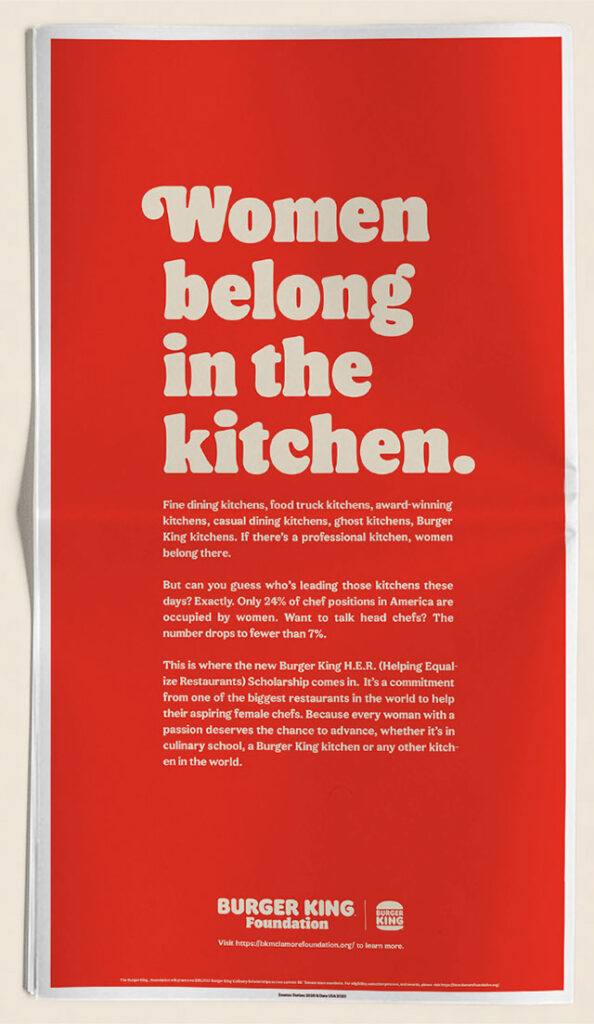

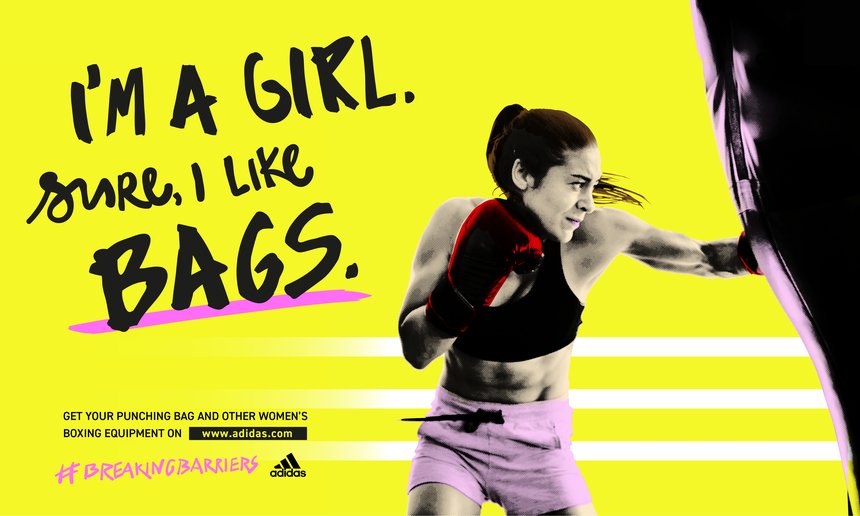
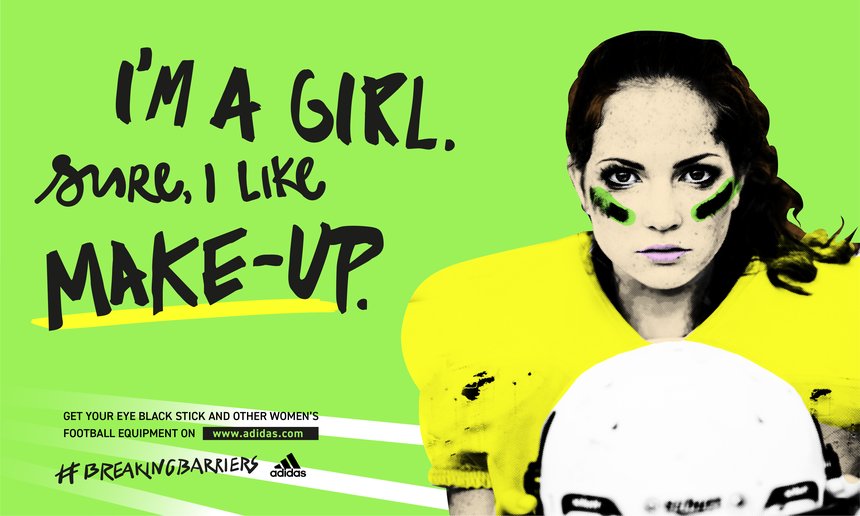


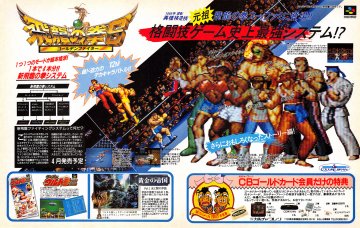

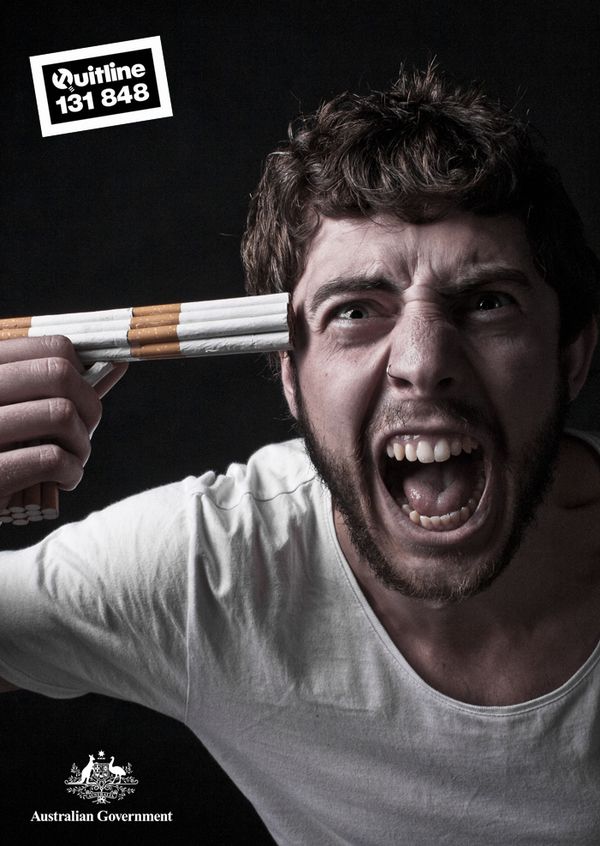



Recent Comments